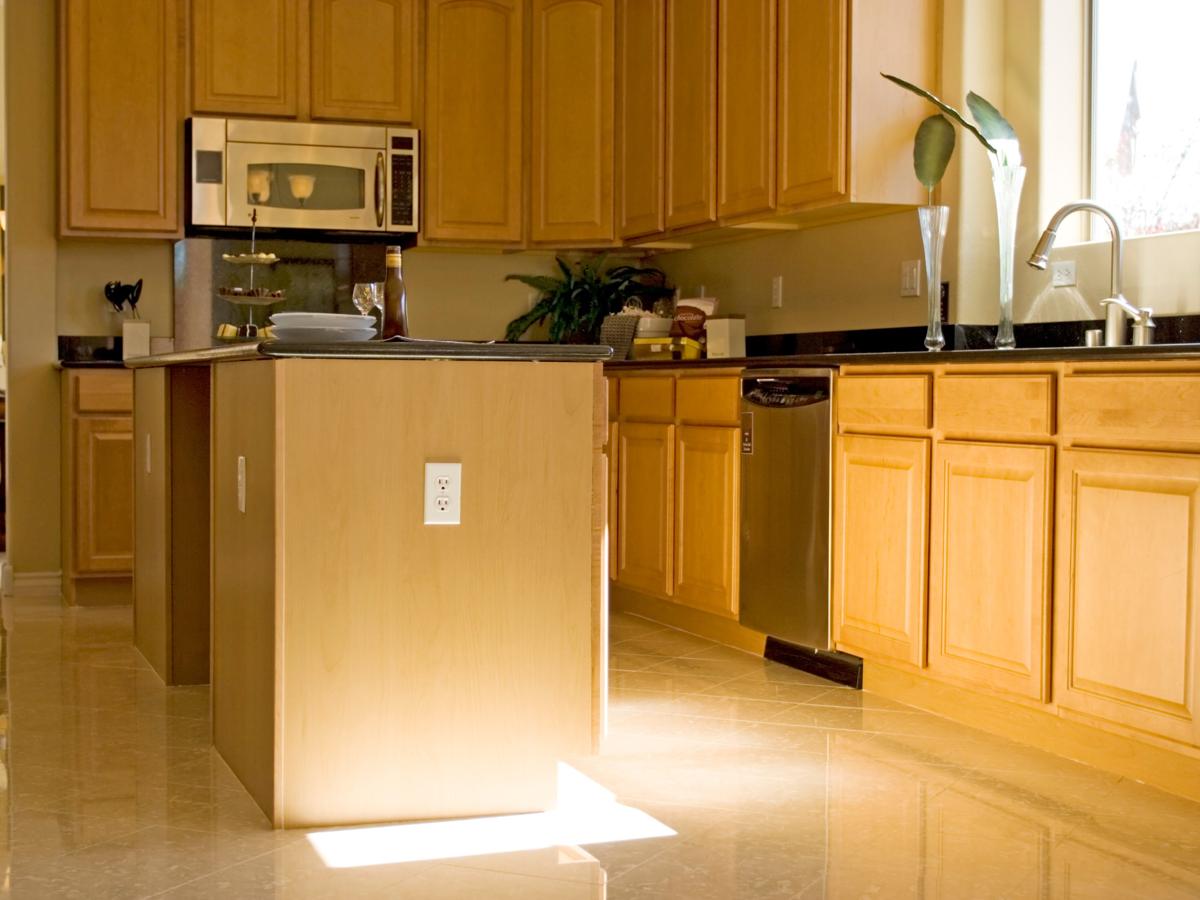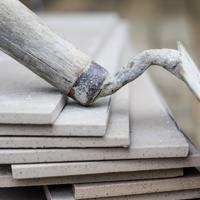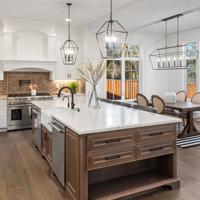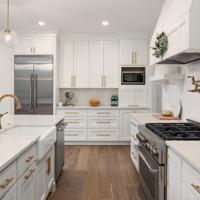When diving into kitchen remodeling, one of the first aspects to consider is the countertop. It's interesting to observe how this essential component can impact both functionality and aesthetics. There are numerous materials to explore, each bringing its own charm and considerations. Let's take a closer look.
Granite Countertops
Granite is a popular choice, often admired for its durability and natural beauty. This stone is unique, with each slab offering a distinct pattern and color combination. While it does require periodic sealing to maintain its resistance to stains and scratches, many find its longevity and robust nature appealing.
Pros:
- Highly durable and resistant to heat.
- Adds value to your home.
- Each piece is unique.
Cons:
- Can crack if stressed or improperly installed.
- Requires sealing to avoid stains.
- High cost compared to other materials.
Quartz Countertops
Quartz countertops, often referred to as engineered stone, offer a non-porous surface that's known for being easy to maintain. Unlike natural stone, quartz is manufactured using natural quartz crystals along with resins, providing a wide range of color options and consistent patterns.
Pros:
- Resistant to stains and scratches.
- Low maintenance and doesn't require sealing.
- Available in various colors and patterns.
Cons:
- Can be affected by heat, so trivet usage is recommended.
- The initial investment in Tools and Equipment can be significant.
Solid Surface Countertops
Materials like Corian fall under the category of solid surface countertops. These are made from acrylic or polyester resins combined with filler materials. They're particularly convenient if you're aiming for a seamless look, as they can be joined without visible seams.
Pros:
- Easy to repair scratches and minor damages.
- Non-porous, preventing bacterial growth.
- Visually seamless and available in many colors.
Cons:
- Can be scratched and damaged by heat.
- Often not as heat-resistant as natural stone.
Marble Countertops
Marble has long been appreciated for its elegance and timeless appeal. Its natural veining delivers a sophisticated look, and it can significantly enhance the aesthetics of a kitchen. However, it's a decision that requires careful consideration.
Pros:
- Aesthetically pleasing and unique.
- Heat-resistant, perfect for bakers.
- Adds a luxurious touch to your kitchen.
Cons:
- Prone to scratches, stains, and etching.
- Requires frequent sealing to protect the surface.
- Can be costly to maintain and repair Home Maintenance.
Butcher Block Countertops
For those leaning towards a warmer and more rustic appearance, butcher block countertops may be appealing. Made from pieces of wood fused together, they add a cozy feel to any kitchen.
Pros:
- Warm and inviting appearance.
- Can be sanded and refinished for longevity.
- Naturally antibacterial, depending on the type of wood.
Cons:
- Requires regular sealing and oiling.
- Can show knife marks and scratches over time.
- Susceptible to water damage if not maintained.
Concrete Countertops
Concrete offers a unique and customizable option for countertops. It can be stained, pigmented, and even embedded with decorative elements to create a personalized look.
Pros:
- Allows for endless customization options.
- Strong and durable.
- Can adapt to various styles, from rustic to industrial.
Cons:
- Requires sealing to avoid stains and water damage.
- Can develop cracks over time.
- Installation can be time-consuming and complex.
Laminate Countertops
Often associated with affordability and variety, laminate countertops have improved significantly over the years. Modern designs can mimic natural stone or hardwood.
Pros:
- Cost-effective and budget-friendly.
- Available in an extensive range of colors and patterns.
- Resistant to stains and easy to clean.
Cons:
- Prone to scratches and can burn easily.
- Can't be repaired; damage often requires replacement.
- Edging can peel over time.
Summary
Choosing the right countertop can seem like a daunting decision given the vast array of materials, each with its own benefits and drawbacks. From the classic elegance of marble to the modern practicality of quartz, each option offers something unique.
As you weigh your choices, it's essential to consider both your kitchen's needs and your lifestyle. No matter which material resonates with you, investing time in considering all factors will help cultivate a space that's not only functional but also a joy to spend time in.
If you're curious to see these materials in action, there are numerous home improvement centers and design showrooms that showcase different options, including laminate flooring. It can be beneficial to see and feel the materials in person.
References:
- Home Depot’s Countertop Materials Guide: Home Depot
- Lowe’s Choosing Countertops Guide: Lowe’s




